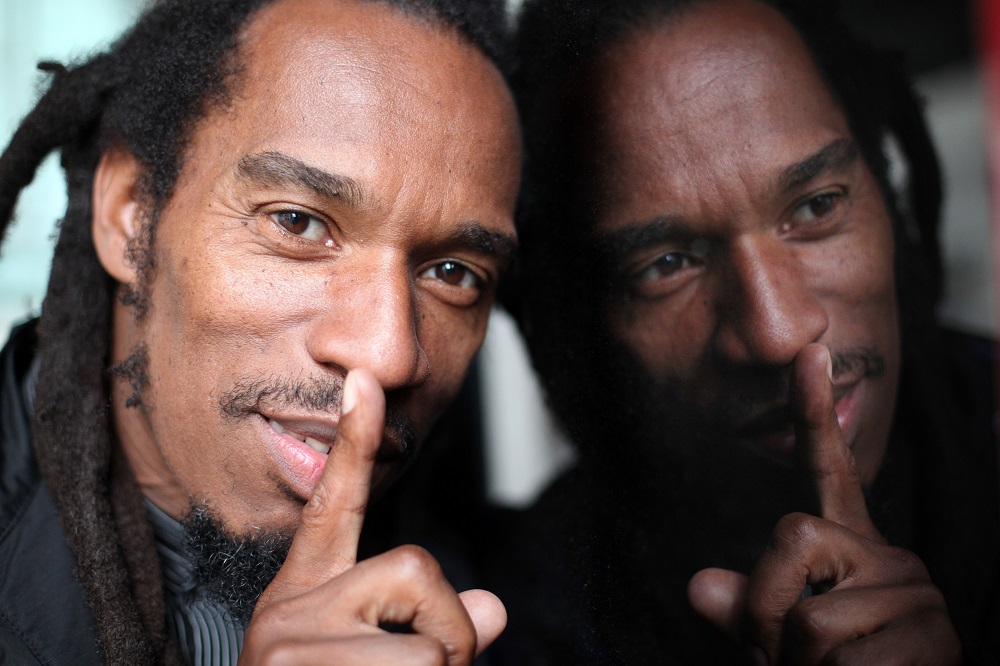Experts explore progress in human rights
The academics are all drawn from the OU’s priority research area, Citizenship & Governance and International Development. Together they consider the progress made in human rights and take a closer look and help to illustrate with real examples, aspects of the Universal Declaration on Human Rights.
The Right to Development

Giles Mohan
Professor of International Development Giles Mohan reminds us that on 4 December 30 years ago the United Nations Declaration on the Right to Development was established. He says: “Peoples’ participation in their own societies is critical to the achievement of the universal human rights – as a right in itself and as an enabler of all other rights”. Prof Mohan warns of a growing persecution of human rights and governments – including those in Europe becoming prone to protectionism and defensiveness.
The Right to Seek Asylum

Victoria Canning
Dr Victoria Canning, lecturer in criminology, asks us to question how we would deal with being faced with persecution and the need to flee our homeland, which she says lies at the heart of the right to seek asylum. She says it is “one of the most important obligations in international law”. The UK has a long history of offering refuge, but after more than 60 years since the Universal Declaration of Human Rights, she wonders: “How does the UK fare in its approach to people seeking asylum?”
The Right to Freedom of Expression

Anne Wesemann
Lecturer in law Anne Wesemann says the Human Right to Freedom of Expression protects us much more than we know. Our voice can be heard, whether in protest, complaint, support or whatever. She says:
“Go out there and let the world know! Get your banners out and march the streets, it is your human right to protest. Article 11 of the Human Rights Act protects your right to protest and the freedom of association. But make sure you don’t overstep the line and infringe the human rights of others, won’t you?”
The Right to Religious Freedom

Jessica Giles
The protection of religious freedom, Article 9, is addressed by Lecturer in law Jessica Giles. She asks us to consider a world without this protection, which many argue is essential to human dignity and freedom.
She says: “In practice the state permits the manifestation of religion and conscience in so far as possible either for individuals or groups of individuals as religious organisations or as private/business organisations seeking to exercise a religious conscience.” It means that religious freedoms can clash against each other or against those with no faith. And how this plays out is different from state to state and on what is known as “constitutional settlement”.
The Right to Sexual and Gender Identity
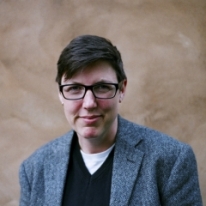
Meg-John Barker
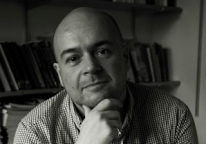
Darren Langdridge
Academics Dr Meg-John Barker and Professor Darren Langdridge, discuss together some concerns surrounding the Human Right to Sexual and Gender Identity.
In 2011 the UN Human Rights Council passed a resolution on human rights, sexual orientation and gender identity, seeking a study to shed light on how international human rights could be used to prevent acts of violence and discrimination against people, based on their sexual or gender identity.
But no concensus has yet been reached to enable the adoption of a declaration in support of sexual and gender rights.
They ask:
“How would culture in the UK and elsewhere in the world need to shift for us to make more progress with regard to sexual and gender equality and gain recognition of the human right to expression of sexual and gender diversity?”
The Right to Privacy
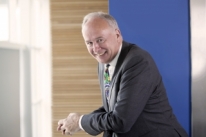
Simon Lee
Professor Simon Lee explains how the Human Right to privacy faces a daily trial of protection versus our personal privacy. He shows how our habits on social media can enable the capture of our data just as easily as government “mass surveillance”.
“So what is the right to privacy and to respect for family life and why is it so controversial?” he asks.
The Right to Education
Article 26 of the Human Rights declaration clearly states – “Everyone has the right to education.” Pro Vice Chancellor (Teaching and Learning) Professor Hazel Rymer describes the Human Right to Education as a “cornerstone that allows all other rights to be exercised”. She says:
Education is a powerful tool that has the power to mould the societies in which we live, promote tolerance, democracy and peace, and bring together shared values and a sense of collective wellbeing.
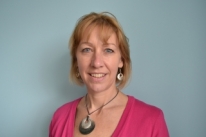
Hazel Rymer
Prof Rymer says that the OU works in partnership with national and local organisations to open up higher education to underrepresented groups.
“In this way, we champion the rights of our student groups. It is therefore fitting for us that the theme of this year’s Human Rights Day calls on everyone to stand up for someone’s right.
The week’s activity features videos produced by some of the academics hosted on OpenLearn and a trailer video captures the essence of the week.
